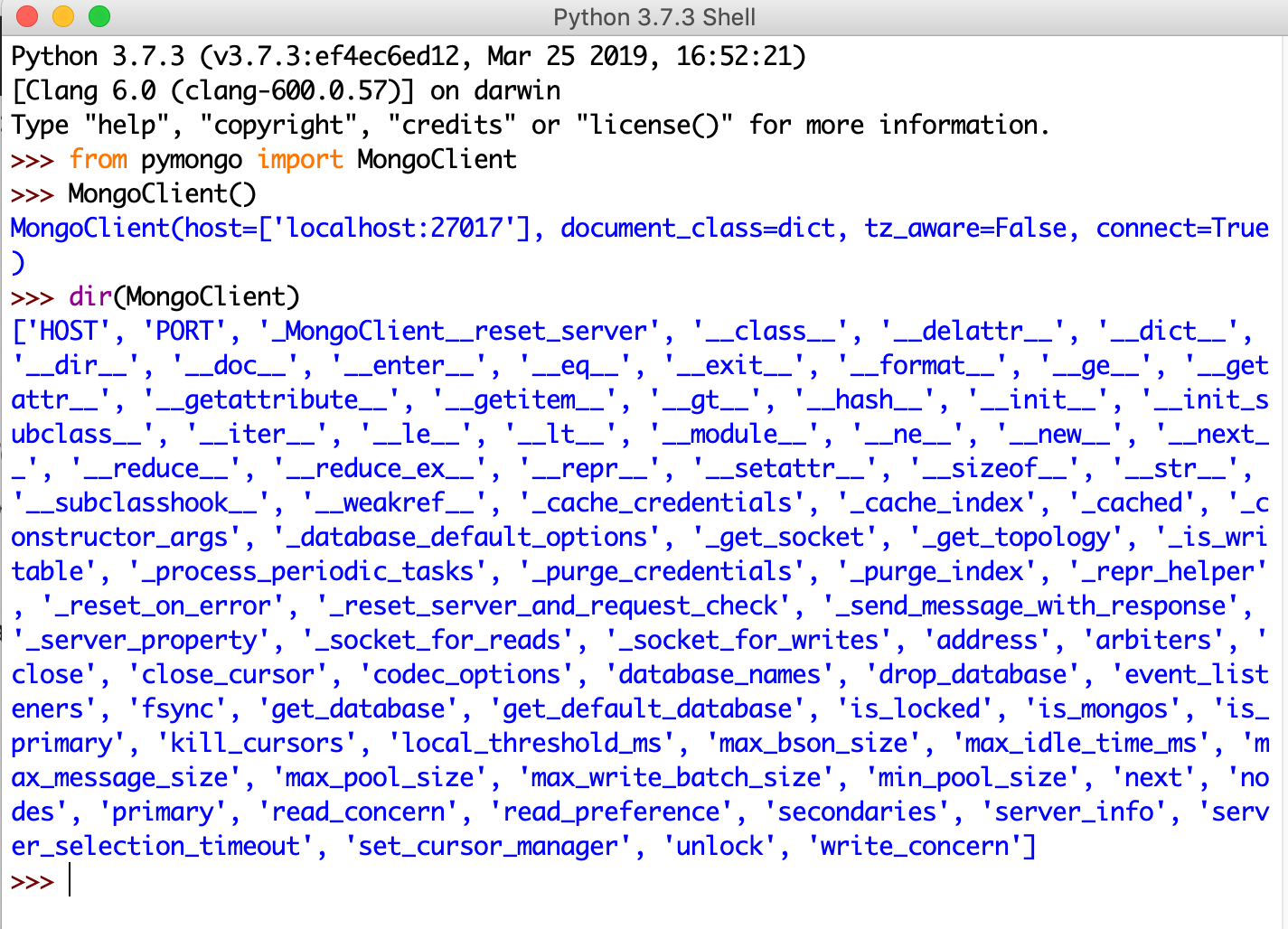

To start the config manager, make sure that you have the mongo db running then: Likewise, local parameter overrides can be set using the /config_manager/set_param service or by directly editing the "local" collection in the configs database. Parameters can also be queried using the /config_manager/get_param service, or by directly connection to and querying the mongo database server. They are stored within the database inside the "local" collection.Īt start up, the config manager places all parameters onto the ros parameter server to allow interoperability with existing software. These parameters override the same named global default parameters, allowing site-specific parameter setting. The defaults folder should be supplied as a private parameter: ~defaults_path either set to a system path or in the form pkg://ros_package_name/inside/package.Ģ. Any new default parameters will automatically be inserted into the "defaults" collection within the configs database. yaml files stored in a 'defaults' folder will be examined. Default parameters can be shared among sites and stored inside a shared ROS package. For example, if a robot application requires some calibration data then default values should be provided. These should be "working defaults" - so all essential parameters at least have a default value. All configurations are stored inside the mongodb_store mongodb, within a database named "configs".ġ. The config manager provides a centralised way to store robot application parameters, with optional site-specific overrides. mongodb_log and mongodb_play respect latched topics. Will play back messages previously from the /map /tf and /scan topics which were previously stored in the default database ( roslog). Rosrun mongodb_store mongodb_play.py /map /tf /scan mongodb-name=NAME Name of DB in which to store values h, -help show this help message and exit To run the playback node, use the following options:

Currently this node always creates its own sim clock in order to play back the messages at the time they were originally recorded. This provides a similar function to " rosbag play". The mongodb_play node reads logged messages from the store and replays them on their original topics. This has been updated to store logged data in a format that can be easily recreated into ROS messages for replay. To create " rosbag record"-like logging of topics to the mongodb_store use mongodb_log. If it is the first time that the database is used, be sure to first create the database path (e.g. This can be overridden by setting the private parameter ~database_path for the node.

By default, the mongod database will be stored in /opt/ros/mongodb_store. This runs the mongod server and also provides some utility functions around this. If these are not set the server uses a generated port number and localhost then sets the above parameters to its chosen values. We do this via rosparam so that other nodes know where to find the server. Starting the MongoDB Store: mongodb_serverįirst set the host and port you want the datacentre to run on. Without the HOSTNAME env variable the host will revert to localhost, db_path will default to /opt/ros/mongodb_store and db_port will default to 62345. HOSTNAME=yourhost roslaunch mongodb_store mongodb_store.launch db_path:=/path/to/db db_port:=62345 The nodes provided by this package can be started together using the mongodb_store.launch file: The main functions are the storage and retrieval of single message (this is the message store) the rosbag-like logging of topics to the db (via mongodb_log) and their playback (mongodb_play) and the storage and recreation of parameters. It is intended to support data persistence and inspection, including in running systems (i.e. This package contains nodes and libraries for storing and retrieving ROS-related data in a MongoDB database using C++ and Python. Use GitHub to report bugs or submit feature requests. Replicating Stored Messages: replicator_node.py.Message Persistence: message_store_node.py.Parameter persistence: config_manager.py.Starting the MongoDB Store: mongodb_server.


 0 kommentar(er)
0 kommentar(er)
